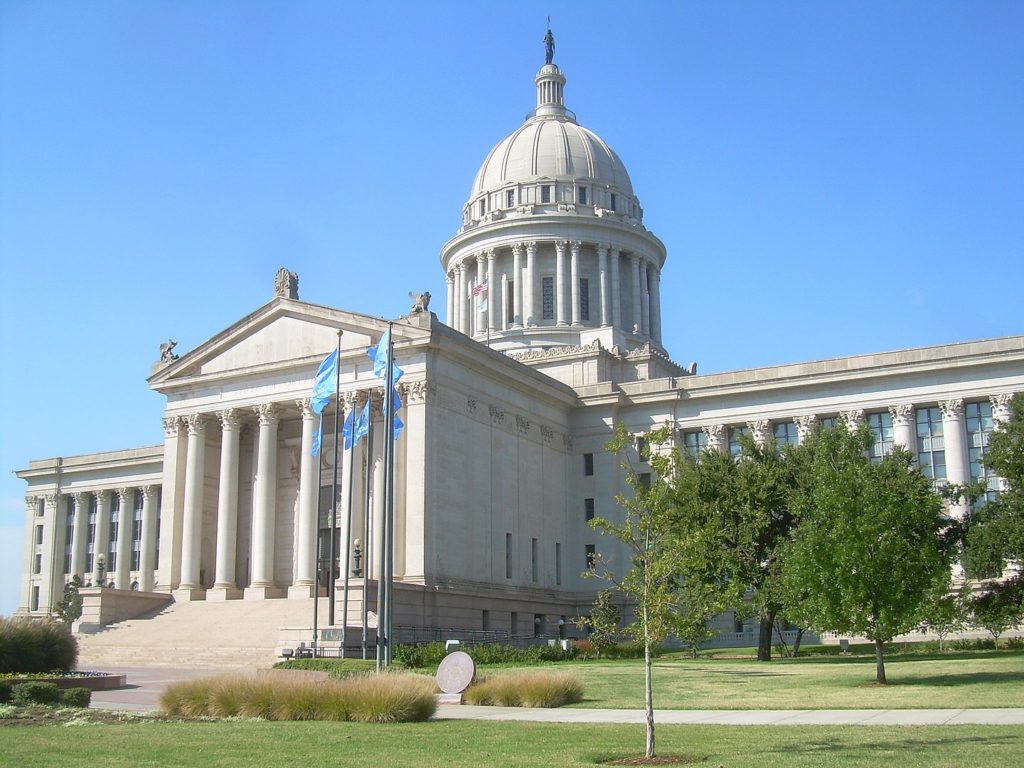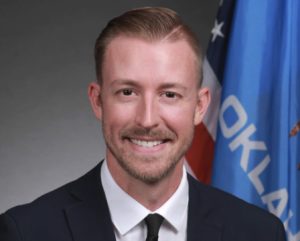Oklahoma Department of Education proposes rules for law that prohibits race and sex discrimination
Three months after a federal judge suspended parts of a 2021 Oklahoma law designed to keep race and gender lessons out of public colleges, officials proposed rules aimed at restoring the law’s…

Three months after a federal judge suspended parts of a 2021 Oklahoma law designed to keep race and gender lessons out of public colleges, officials proposed rules aimed at restoring the law’s power.
The Oklahoma State Regents for Higher Education has approved new rules that would ban mandatory gender or race diversity training for students, the Oklahoma Voice reported.
The proposal, which must still go through an approval process, would prohibit Oklahoma’s 25 public colleges and universities from running non-academic programs that contain race or gender diversity statements but would not prevent teaching race or gender diversity in the classroom.
The rules would not “affect the content of individual classroom instruction, lectures, or discussions offered by the institution.”
The law in question, known as HB 1775, contains other provisions that prevent the teaching of race and gender discrimination as a part of a course, but the rules proposed by the state Regents don’t apply in those cases.
“No institution within the Oklahoma State System of Higher Education shall
require its enrolled students to participate in any form of mandatory gender or sexual diversity training or counseling,” say the proposed rules as published in the Regents’ agenda.
Exceptions apply in the cases of sexual harassment or assault prevention under federal law, training required as part of a disciplinary process or training required to obtain federal grants or institutional accreditation. There are also provisions for compliance with a procedure for enrolled students to file complaints alleging violations of the law under HB 1775.
In June, U.S. District Court Judge Charles B. Goodwin suspended certain provisions of the law pending a decision in an underlying lawsuit seeking to prevent its implementation.
Opponents sought the injunction, claiming the law interferes with First and Fourteenth amendment rights and is worded too vaguely.
Goodwin temporarily struck a provision on “orientations,” and struck the word “require” in the corresponding state statute, but otherwise left the law intact for the purposes of the rulemaking action by the Regents.
One provision still operative is that “the Oklahoma State Regents for Higher Education shall promulgate rules, subject to approval by the Legislature, to implement the provisions of this subsection,” which prompted the action by the Regents.
The posting of the rules now clears the way for public comments, reported Tulsa World.
The public comment period must last at least 30 days, after which public hearings are also held. The rules then go to the Legislature for comments before a state agency adopts any changes.
Assuming the proposal navigates the rulemaking process, the law still must survive the federal lawsuit.
Oklahoma’s Republican Attorney General Gentner Drummond has appealed Goodwin’s temporary injunction because it is too “complicated and nuanced,” the Voice says.
No trial date has yet been set for the case, which is already nearly three years old.



